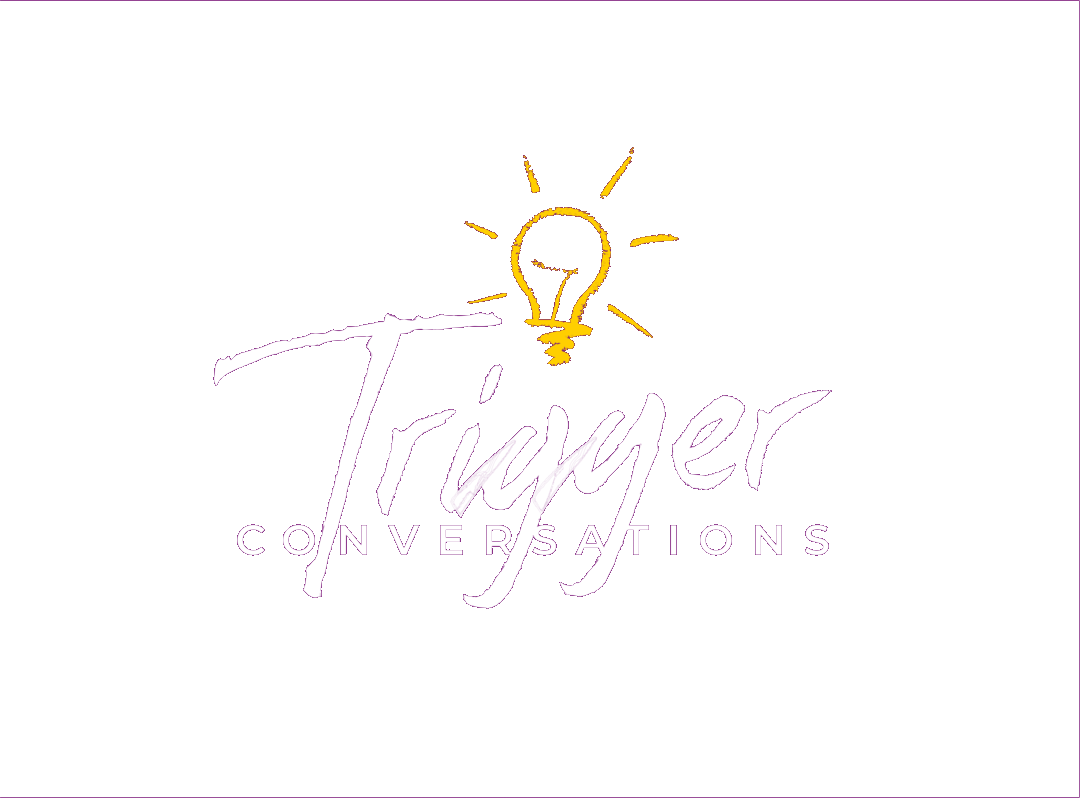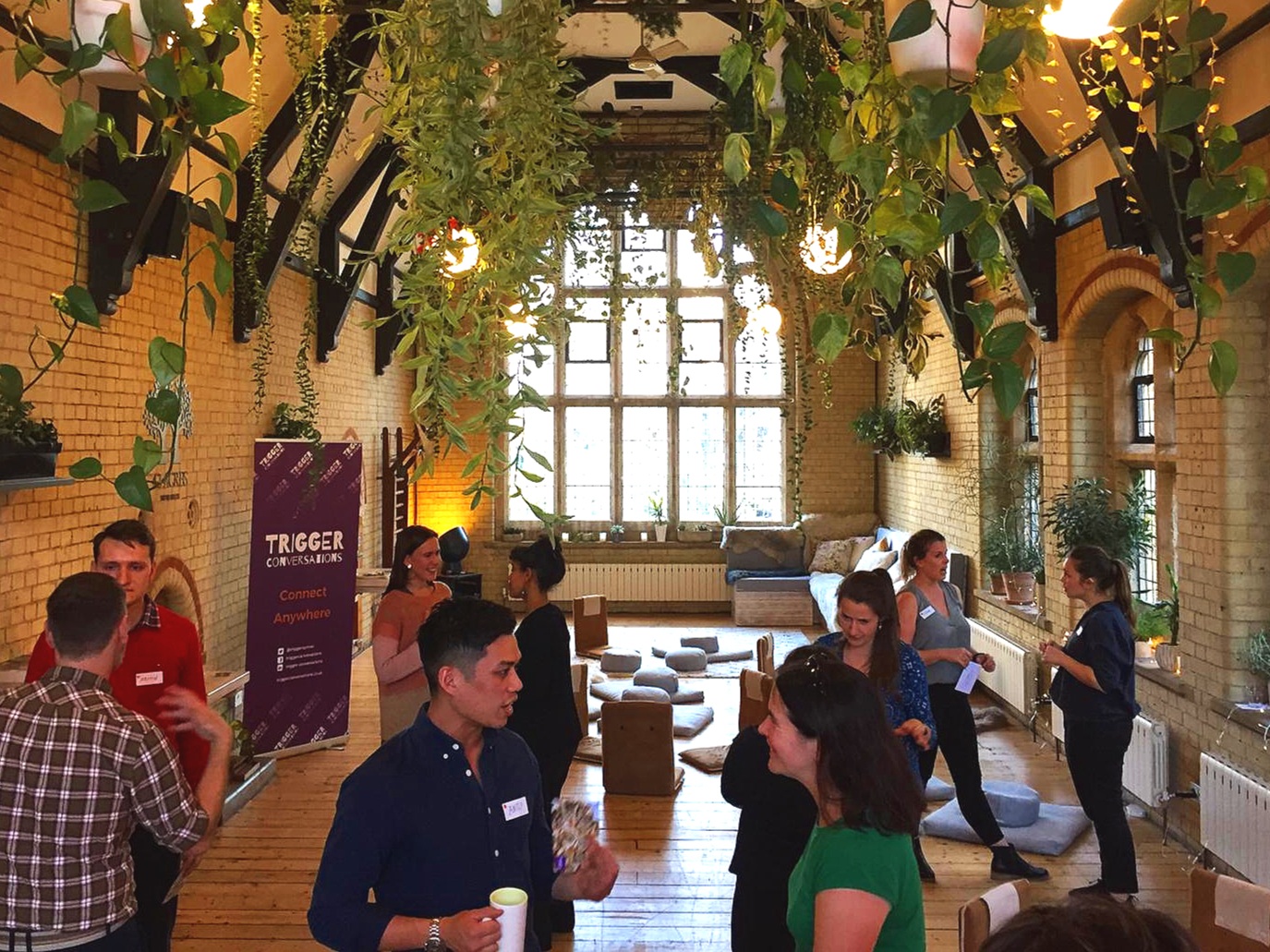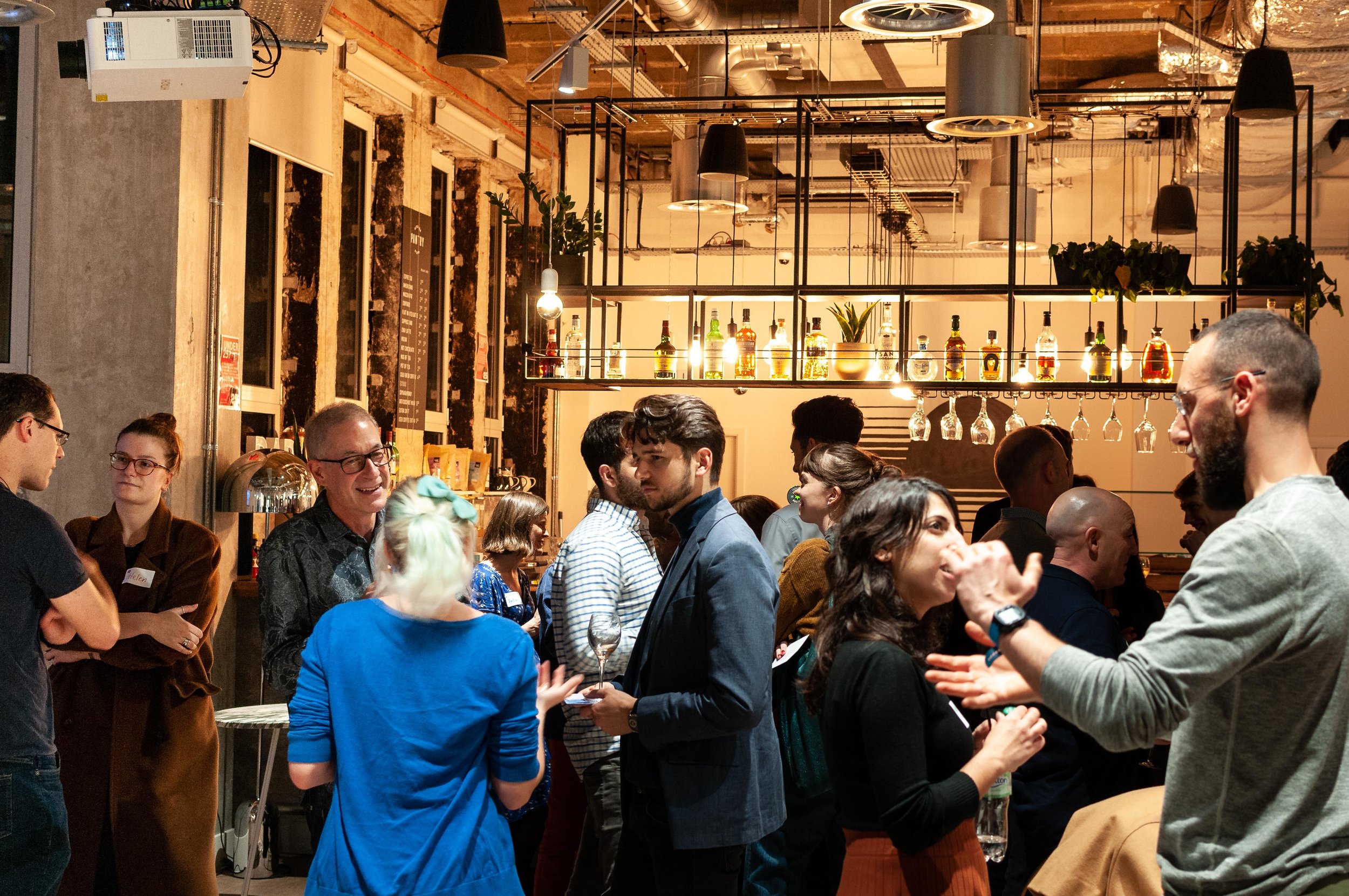
TRIGGER THOUGHTS
A selection of conversational learnings and musings from the Trigger Team.
Authenticity [Part 2] - Expressing Our Multiple Selves
Who are you and what does it mean to be authentic? Our personalities are not some state of character that is always consistently who we are. Instead we are a rich tapestry of parts of ourselves that are forever arising in response to our environment. Seeing ourselves as a complex system of parts opens up the possibility for greater self-expression and expansion.
What is Authenticity - Part 1
My friend Joshua Keay recently told me that I was a “master of the Georgie arts’‘ — the kind of cryptic compliment which he specialises in. When I asked what he meant, he explained that I had achieved a level of uniqueness in who I was, and I didn’t pretend to be anyone else. He said that ‘when you’re truly yourself, people keep showing up for more — they get addicted to your unique insights and ways of being, and you’ve got a monopoly on the supply”. At first, I didn’t necessarily see it as a strength, but when I reflect on the people in my life, I notice that I am most drawn to those who are fundamentally themselves. Genuine-ness, authenticity, uniqueness, realness - call it what you will - is attractive. And not just attractive, I also believe it is one of the most essential ingredients for meaningful lives and meaningful conversations. When we are truly authentic, we tap into the essential truth of life: that every moment of our lives has a unique expression.
Unsure how to give informal feedback at work? Here’s 4 ways to make your feedback more effective
We all love anonymous feedback forms because they spare us from having to look someone in the eye and tell them what we really think.
This avoidance is of course understandable - we can all recall a time when someone tried to unsuccessfully change our behaviour. So why would we go through the same pain with someone else?
But the truth is, words on paper don’t change behaviour - conversation does.
The only problem is we don't know how to have these conversations.
Stranger Story: Olivia
"Thanks" I say. I can shut the conversation down there. I'm not in a mood to talk. I'm in a mood for self-pity. Plus, the carriage is packed and I don't know how carefree I feel right now. People judge on the tube, right?"
The Social Introvert: the secret to not feeling drained when socialising
The truth is, whether you identify as an introvert or an extrovert, socialising is tiring for everyone. What’s important to understand however, is why you get drained and how you can manage it.
So listen up introverts! We’re about to reveal why you feel drained when socialising and four ways you can manage it. Our tips are simple to understand and easy to action so you can have authentic and energising relationships with anyone.
How To Talk To Strangers About Environmental Issues
Talking about environmental issues can sometimes feel like walking through a landmine, particularly when it’s with strangers. The potential to offend, provoke or polarise lurks behind every sentence.
Yet despite this, something powerful happened at our April event, Catalysing Conversations for World Earth Day…
What Happens When You Adopt a Neophile's Mindset
In National Conversation Week, we invited 40 strangers to explore, using our conversation menu, the serendipity of neophilia – or in other words, the wonderful surprises that arise from new conversations with strangers. And here’s what happened…
Trigger Tribe Stories: Karam
Karam from Sho.Me committed to taking the leap from consultancy to entrepreneurialism after a session with one of Trigger’s life coaches. We caught up with him to find out how he made his dreams a reality and what advice he’d give aspiring entrepreneurs.
“Get out there and talk about your idea to help you put your thoughts into action! It can be someone close to you or even a stranger.”
A Short Story On: The Serendipity of Being a Neophile
Ahead of National Conversation Week (March 18th), Trigger Conversations explores the serendipitous adventure of talking to strangers.
Talking to Strangers About the Dark and Light of Love
On the eve of Valentine’s Day, 33 curious strangers committed to leaving small talk at the door and enter into a world of deep and meaningful conversation on the theme of love.
Their quest? To listen, laugh and understand a little better their fellow human. Their discovery? That they belong anywhere - all it takes is a conversation.
Trigger Tribe Stories: Haneen
Haneen from Unforbidden shares how conversation enabled her to shift from solicitor to sensual supper clubs. In this interview she explains how conversations engineered serendipity and landed her this new role, along with advice on how you can too.
“I would ask questions that don’t just revolve around someone else’s journey. Everyone’s path is different. Focus on questions around mindset, motivation, industry tips, and perhaps who they can connect you with etc.”
How to Transform Your Life? Transform Your Conversations
Conversation is more than an exchange of thoughts and information, it’s an opportunity to transform your world. In this article, Trigger Conversation’s Founder and Director of the Transformational Conversations Programme, Georgie Nightingall, shares three ways you can transform your conversations today.

![Authenticity [Part 2] - Expressing Our Multiple Selves](https://images.squarespace-cdn.com/content/v1/5a55e8028dd0411a8df21afb/1730115160360-SZZ1UONTARJ2YK921R1P/IMG_8274.jpg)









